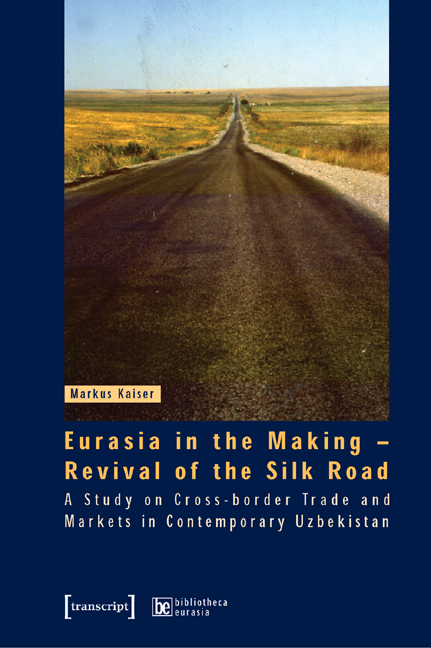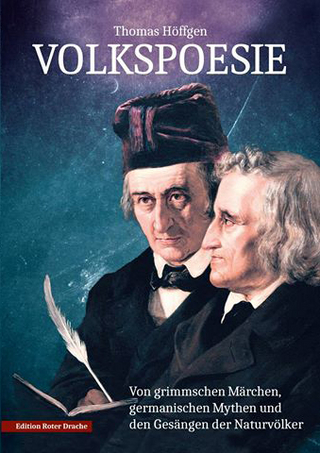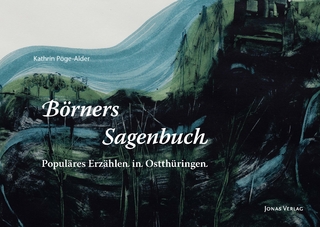
Eurasia in the Making – Revival of the Silk Road
transcript (Verlag)
978-3-89942-142-2 (ISBN)
- Noch nicht erschienen (ca. Dezember 2025)
- Versandkostenfrei innerhalb Deutschlands
- Auch auf Rechnung
- Verfügbarkeit in der Filiale vor Ort prüfen
- Artikel merken
The trade-routes connecting Europe and East Asia have fascinated scholars, traders, and adventurers throughout the centuries. Although its modern incarnation may lack the romantic aura of the fabled »Silk Road«, the recent and rapid growth of private trade and commodity exchange has contributed significantly to a revival of the Silk-Road-trade. This takes the form of long-distance petty trade across the newly established borders of states that were formerly part of the Soviet Union as well as into other neighboring countries - including Turkey, Iran, Afghanistan, Pakistan, and China - but also India, Korea, Thailand, and Malaysia. A far-flung network of trading connections has been established and, at the time of the fieldwork, thousands of petty traders were carrying their goods with them in trucks, buses, and planes, traveling once more along the routes of the old Silk Road, largely unrecognized by governments and unnoticed by foreign economic advisors. The traders, however, transport patterns of consumerism, lifestyles, knowledge, beliefs, political visions, and so on with their material goods, and in this way transsocietation along the trading networks transforms local societies.
Like the old »Silk Road,« the modern version is an agglomeration of different routes with different starting points, running through Central Asia and connecting Asia and Europe; manifest evidence of the continuity in trading patterns on the Eurasian continent.
Markus Kaiser (Dr. rer. soc.) ist Präsident der Deutsch-Kasachischen Universität (DKU) in Almaty, Kasachstan. Im Jahr 2015 war er als wissenschaftlicher Koordinator des BMBF-finanzierten Kompetenznetzwerkes Crossroads Asia und als Senior Researcher am Zentrum für Entwicklungsforschung (ZEF), Universität Bonn, tätig. Vorherige Positionen umfassen Gastprofessuren an der Fakultät für Sozialwissenschaften, Eurasische Nationale Universität (ENU), Astana und der Fakultät für Soziologie der Staatlichen Universität St. Petersburg (SPbGU) sowie an der American University of Central Asia (AUCA) in Bischkek. Er war wissenschaftlicher Mitarbeiter und Dozent am Institut für Soziologie / Anthropologie der Universität Trier und wissenschaftlicher Assistent (C1) für Entwicklungsländerforschung an der Fakultät für Soziologie und wissenschaftlicher Mitarbeiter am Institut für Weltgesellschaft an der Universität Bielefeld. Von 2001 bis 2004 war er Direktor des DAAD-geförderten Zentrums für Deutschland- und Europastudien (ZDES) an der St. Petersburger Staatlichen Universität.
| Erscheint lt. Verlag | 27.12.2025 |
|---|---|
| Reihe/Serie | bibliotheca eurasica ; 6 |
| Verlagsort | Bielefeld |
| Sprache | englisch |
| Maße | 148 x 225 mm |
| Gewicht | 363 g |
| Themenwelt | Sozialwissenschaften ► Ethnologie ► Volkskunde |
| Sozialwissenschaften ► Soziologie | |
| Schlagworte | Cultural Anthropology • ehemalige Sowjetunion • Ethnology • Eurasia • Eurasien • Eurasien; Wirtschaft • Europe • Globalization • Political Science • Seidenstraße • Silk Road • Soviet Union • Usbekistan • Usbekistan; Wirtschaft • Uzbekistan |
| ISBN-10 | 3-89942-142-6 / 3899421426 |
| ISBN-13 | 978-3-89942-142-2 / 9783899421422 |
| Zustand | Neuware |
| Informationen gemäß Produktsicherheitsverordnung (GPSR) | |
| Haben Sie eine Frage zum Produkt? |
aus dem Bereich


